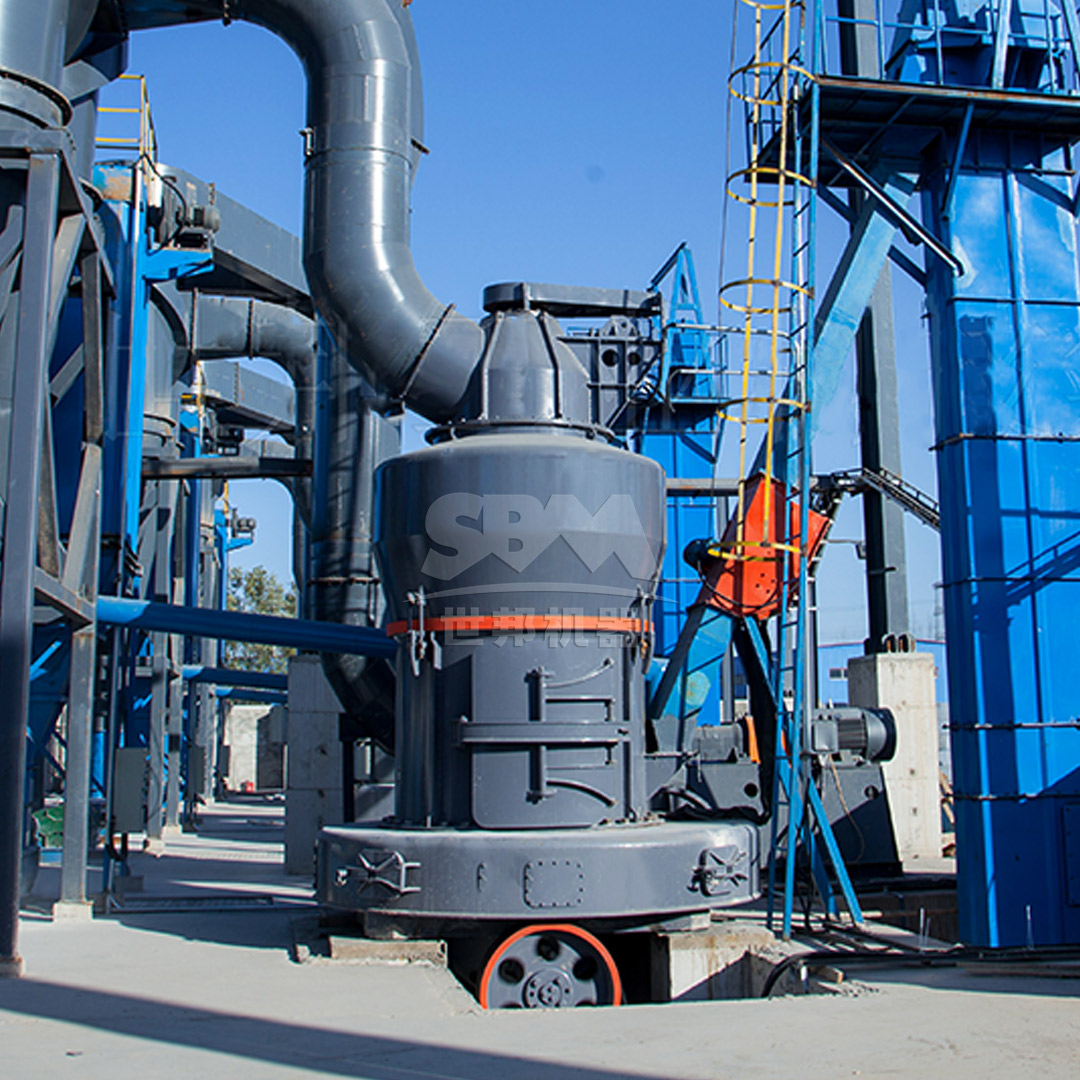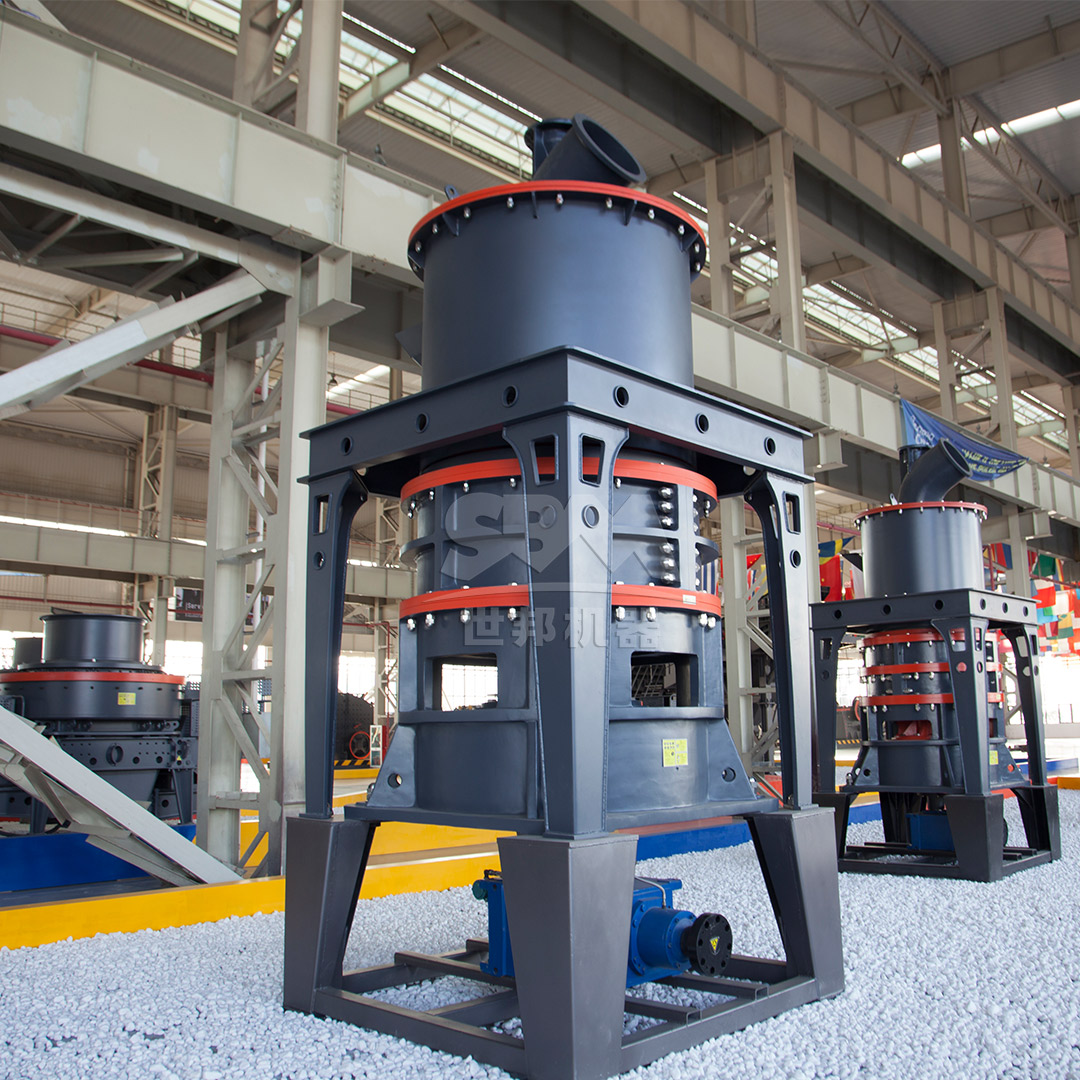Dolomite, a calcium magnesium carbonate mineral (CaMg(CO3)2), is a highly valued raw material in numerous industrial sectors, particularly in refractory applications. Its unique properties, including high thermal stability, resistance to basic slags, and good mechanical strength at elevated temperatures, make it an ideal component for manufacturing refractory bricks, linings for furnaces, and other high-temperature industrial equipment. The effectiveness of dolomite in these demanding environments is intrinsically linked to the fineness, purity, and particle size distribution of the processed powder. This necessitates the use of advanced, high-efficiency grinding technology to transform raw dolomite ore into a premium product that meets the stringent specifications of the refractory industry.

Processing dolomite for refractory use presents specific challenges. The material is moderately hard and can be abrasive. The target fineness often needs to be very fine, frequently requiring a product where 97% of the particles (D97) are below 5-10 micrometers (equivalent to 2500-1250 mesh), to ensure optimal sintering behavior and product density. Traditional grinding mills, such as ball mills or Raymond mills, often struggle to achieve this level of fineness efficiently. They can be energy-intensive, suffer from high wear rates on grinding components, and may lack the precise classification systems needed to ensure a consistent, narrow particle size distribution without oversize contaminants.
To meet these rigorous demands, modern grinding systems have evolved significantly. Among the most effective solutions for producing high-quality dolomite powder is the use of ultra-fine grinding mills. Our company’s SCM Series Ultrafine Mill is specifically engineered to address the challenges of processing hard and abrasive materials like dolomite to the exacting standards of the refractory industry.

The SCM Mill represents a leap forward in grinding technology. Its design incorporates a vertical structure, which saves space and allows for a more efficient workflow. The core of its operation involves a three-layer grinding ring and multiple grinding rollers. The main motor drives the central shaft, which in turn rotates the grinding ring. Material is fed into the grinding chamber and is shoveled by the blades to the space between the rollers and the grinding ring, where it is crushed by rolling pressure.
| Model | Output (t/h) | Main Motor Power (kW) | Feed Size (mm) | Final Fineness (mesh) |
|---|---|---|---|---|
| SCM800 | 0.5-4.5 | 75 | ≤20 | 325-2500 |
| SCM900 | 0.8-6.5 | 90 | ≤20 | 325-2500 |
| SCM1000 | 1.0-8.5 | 132 | ≤20 | 325-2500 |
| SCM1250 | 2.5-14 | 185 | ≤20 | 325-2500 |
| SCM1680 | 5.0-25 | 315 | ≤20 | 325-2500 |
For applications where the required fineness is slightly coarser, typically in the range of 30 to 325 mesh (600-45μm), the MTW Series Trapezium Mill presents an excellent and highly efficient alternative. This mill is perfectly suited for initial size reduction or for producing dolomite powders used in certain types of refractories or other industrial fillers.
The MTW Mill incorporates several advanced features that enhance its performance and durability. Its bevel gear integral transmission achieves a remarkable 98% transmission efficiency, saving energy and reducing installation costs. The curved air duct design minimizes airflow resistance and energy loss. Its wear-resistant volute structure and combined wear-resistant shovel blades significantly reduce maintenance costs and extend the intervals between service shutdowns.

The processing of dolomite for high-performance refractory applications is a technologically demanding task that requires precision, efficiency, and reliability. Standard grinding equipment often falls short of meeting the necessary criteria for fineness, particle distribution, and economic operation. The adoption of advanced milling technology, such as our SCM Series Ultrafine Mill and the MTW Series Trapezium Mill, provides a definitive solution. These mills are engineered to deliver superior product quality with significantly reduced energy consumption and operational costs, all while adhering to strict environmental standards. By investing in the right grinding technology, producers can ensure they meet the evolving demands of the global refractory industry, creating high-value products from raw dolomite ore.